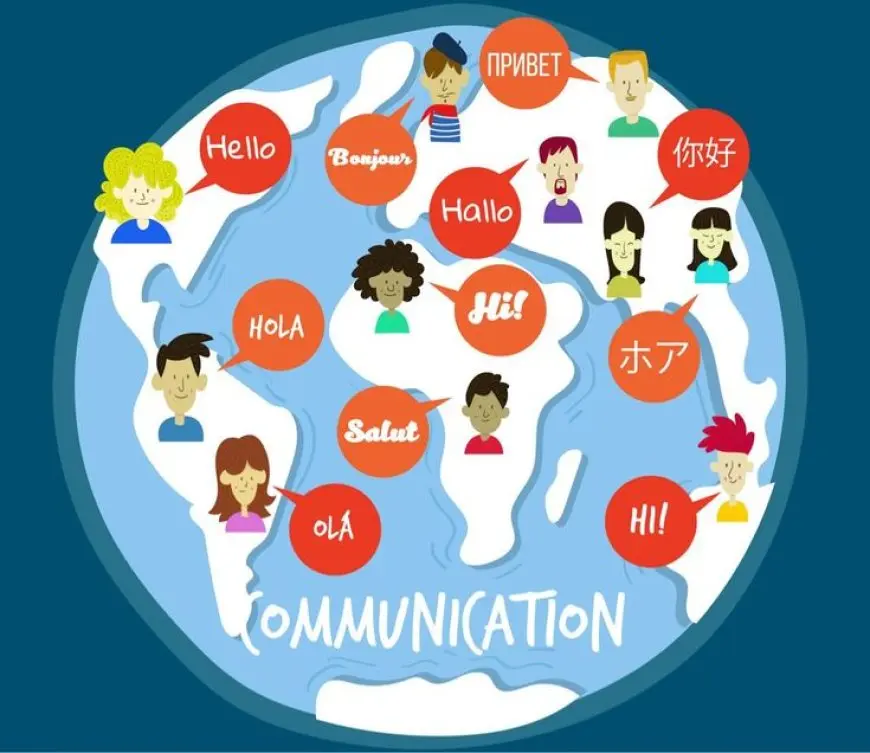The Benefits of Learning a Second Language
The Benefits of Learning a Second Language

Learning a second language is a transformative experience that goes beyond just being able to speak in a different tongue. It enriches the mind, broadens horizons, and opens doors to opportunities that were previously inaccessible. Here's why investing time in mastering a new language can be one of the most rewarding endeavors of your life.
One of the most significant advantages is the impact on cognitive abilities. Learning and using a second language challenges the brain in unique ways, enhancing memory, problem-solving skills, and mental agility. Research has shown that bilingual individuals are better at multitasking and adapting to new situations, as their brains are constantly trained to switch between different linguistic systems. Additionally, speaking multiple languages can delay cognitive decline in later years, offering long-term mental health benefits.
From an academic perspective, acquiring a second language often leads to better performance in other areas of study. It sharpens awareness of grammar and sentence structure, which can even improve skills in your native language. Moreover, students who learn another language often excel in standardized tests and develop a deeper understanding of literature, culture, and history.
Professionally, knowing a second language is a powerful asset. In today’s globalized economy, employers value employees who can communicate with diverse clients, partners, or markets. Fluency in another language can distinguish you from competitors and lead to higher earnings. Fields like international business, healthcare, education, and tourism are particularly welcoming to bilingual professionals. Beyond the practical, being multilingual demonstrates cultural sensitivity, a trait increasingly appreciated in the modern workplace.
On a social level, speaking another language creates opportunities to connect with people from different backgrounds. It fosters cross-cultural friendships and helps build empathy by understanding other ways of life. Travel becomes far more immersive and enriching, as you can engage with locals, understand their traditions, and navigate foreign environments with ease.
Learning a new language is also deeply fulfilling on a personal level. It boosts confidence as you reach new milestones and improves overall communication skills. Additionally, it opens up access to foreign media, such as books, movies, and music, which allows for a more nuanced appreciation of different cultures.
Perhaps one of the most beautiful aspects of learning a language is how it shapes your perspective. By embracing the expressions, idioms, and nuances of another language, you begin to see the world in a broader, more inclusive light. This shift in mindset often inspires curiosity about other cultures, leading to lifelong learning and personal growth.
In summary, the benefits of learning a second language extend far beyond practical communication. It enhances mental capabilities, provides academic and professional advantages, strengthens social bonds, and offers profound personal satisfaction. Whether for career growth, travel, or simply as a new challenge, embracing a second language is an investment in yourself and your connection to the world.







